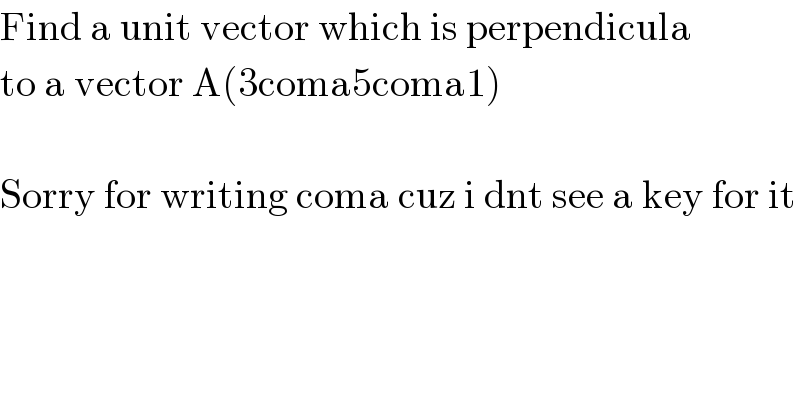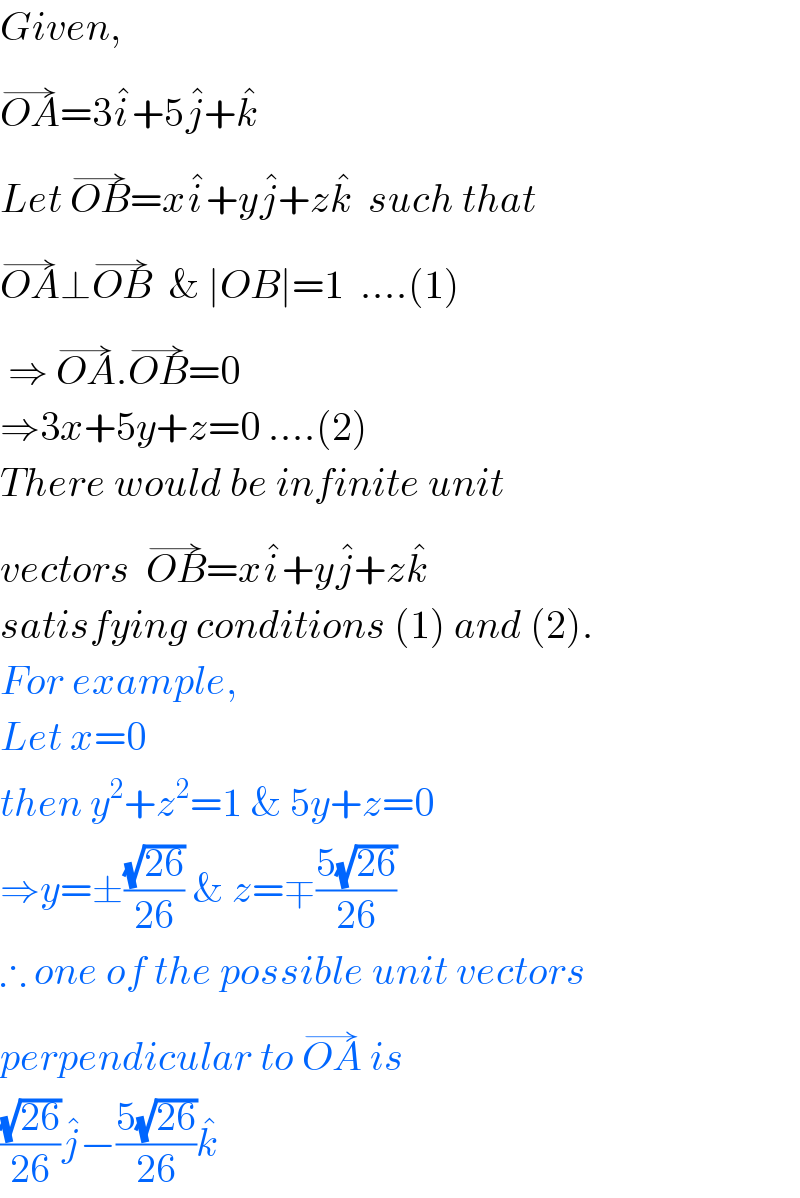Question Number 23442 by chernoaguero@gmail.com last updated on 30/Oct/17

Commented by $@ty@m last updated on 31/Oct/17

Commented by chernoaguero@gmail.com last updated on 31/Oct/17

Answered by $@ty@m last updated on 31/Oct/17

Commented by chernoaguero@gmail.com last updated on 01/Nov/17

